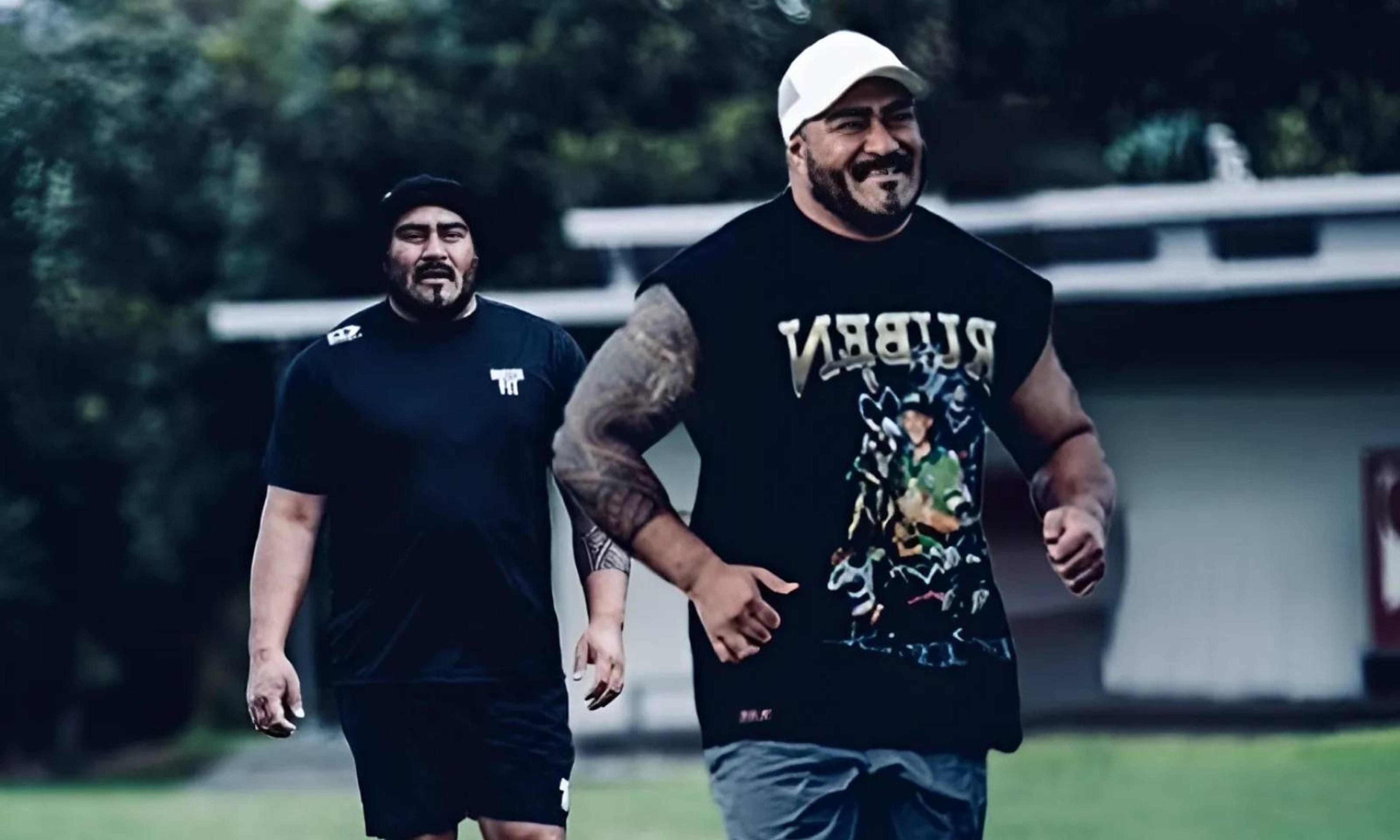

Former NZ Warriors and Kiwis winger Henry Fa'afili.
Photo/Facebook
Warriors’ values endure: Ex-player carries club’s mana
A former Warrior continues to use his Pacific pride and legacy on the field to inspire indigenous and Pacific communities, long after his playing days.

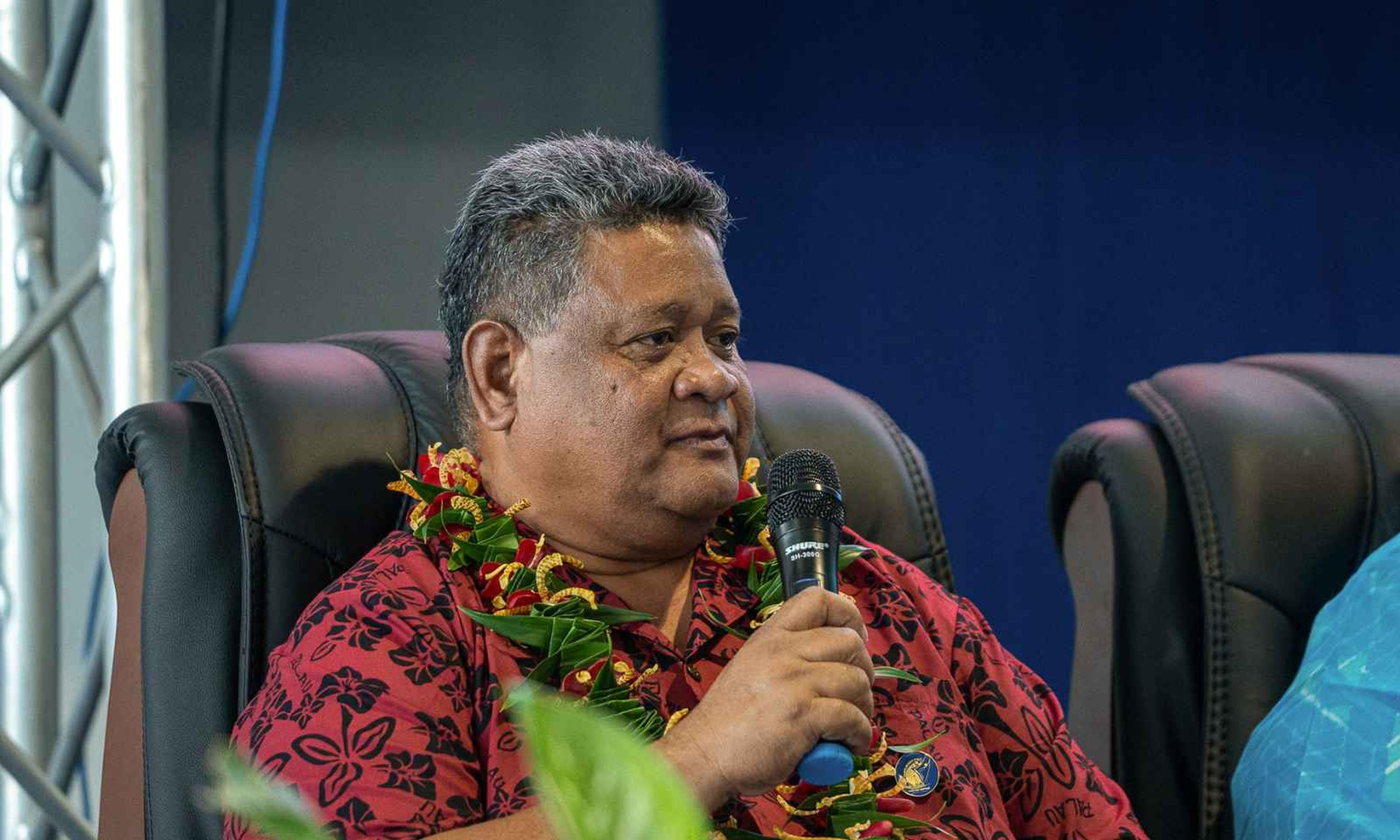
Palau: Ocean of Peace is a call for unity and action in the Pacific
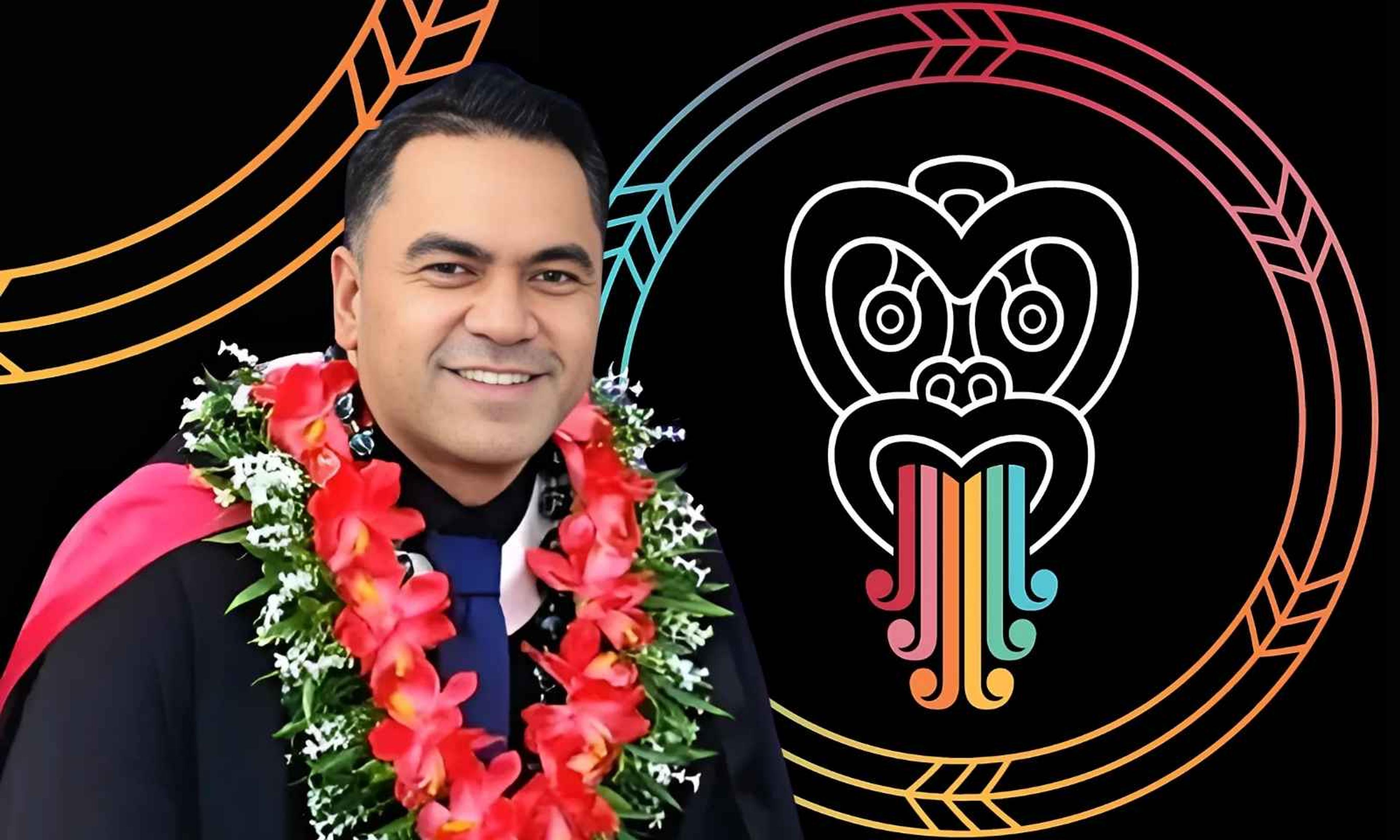
50 years of te Wiki o te Reo Māori: From the loss of language to championing its revival


Warriors’ values endure: Ex-player carries club’s mana

Palau: Ocean of Peace is a call for unity and action in the Pacific

50 years of te Wiki o te Reo Māori: From the loss of language to championing its revival

As the Warriors’ 2025 Premiership run comes to an end, the mana of the Auckland club remains strong, flowing through past players and inspiring the present generation.
Former Warriors winger and Kiwi #687, Henry Fa’afili, spoke with Tuilagi William Leolahi on Pacific Huddle about his successes as a player and the challenges he faced in the NRL.
Known for his signature try celebration of cracking a coconut, a practice deeply rooted in Pacific Island culture, Fa’afili reflects on his sources of inspiration and the legacy he hopes to leave behind.
“I just hope people remember me for being proud of my culture and not being afraid to represent it on the big stage or stages,” he says.
“But also somebody who is a hard worker and hopefully, is a good role model to Pacific Island kids and to anyone who watched me.
“I think it started with NFL. How they started doing some celebrations and all that kind of stuff. And I said, oh cool it’ll be nice to do a little bit of an addition on that in the NRL, but also, you know, seasoning to the game, a little bit of salt and pepper.
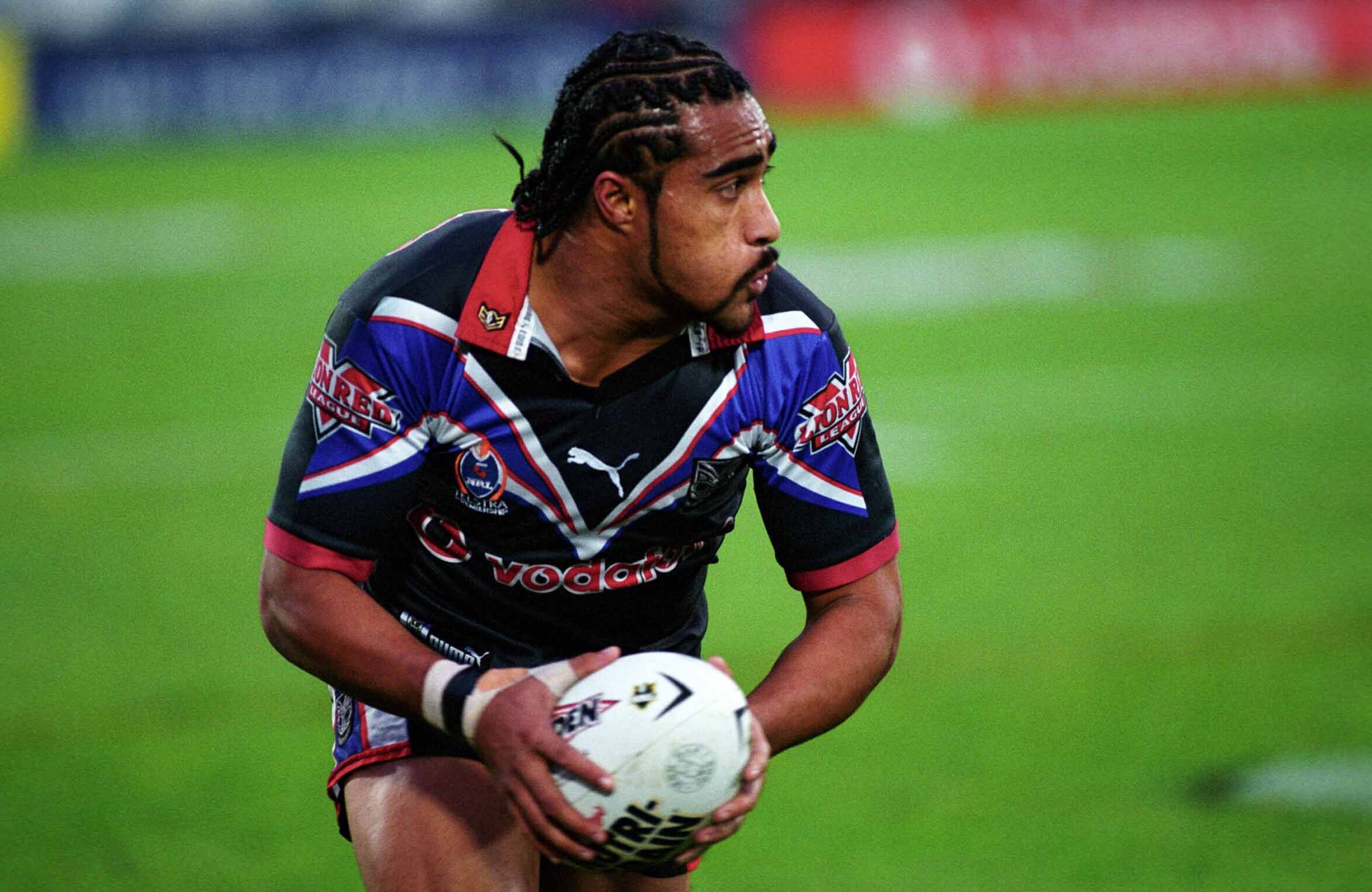
Henry Fa'afili in action during the rugby league NRL match between the Warriors and Cowboys, 9 June, 2002. Photo/Paul Thomas/Photosport
“I also think cracking the coconut - that became a big thing. Doing that just to show everybody how proud I am being a Samoan,” Fa’afili says.
Falling just short of his 100th match, Fa’afili was part of the 2002 Warriors squad that reached the NRL Grand Final for the first time in the club’s history. That team featured several players of Pacific Island descent, including centre Clinton Toopi and winger Francis Meli, as well as Ivan Cleary, who is now coaching Penrith to NRL Premiership success, and the legendary Stacey Jones. This made it a landmark season for the club.
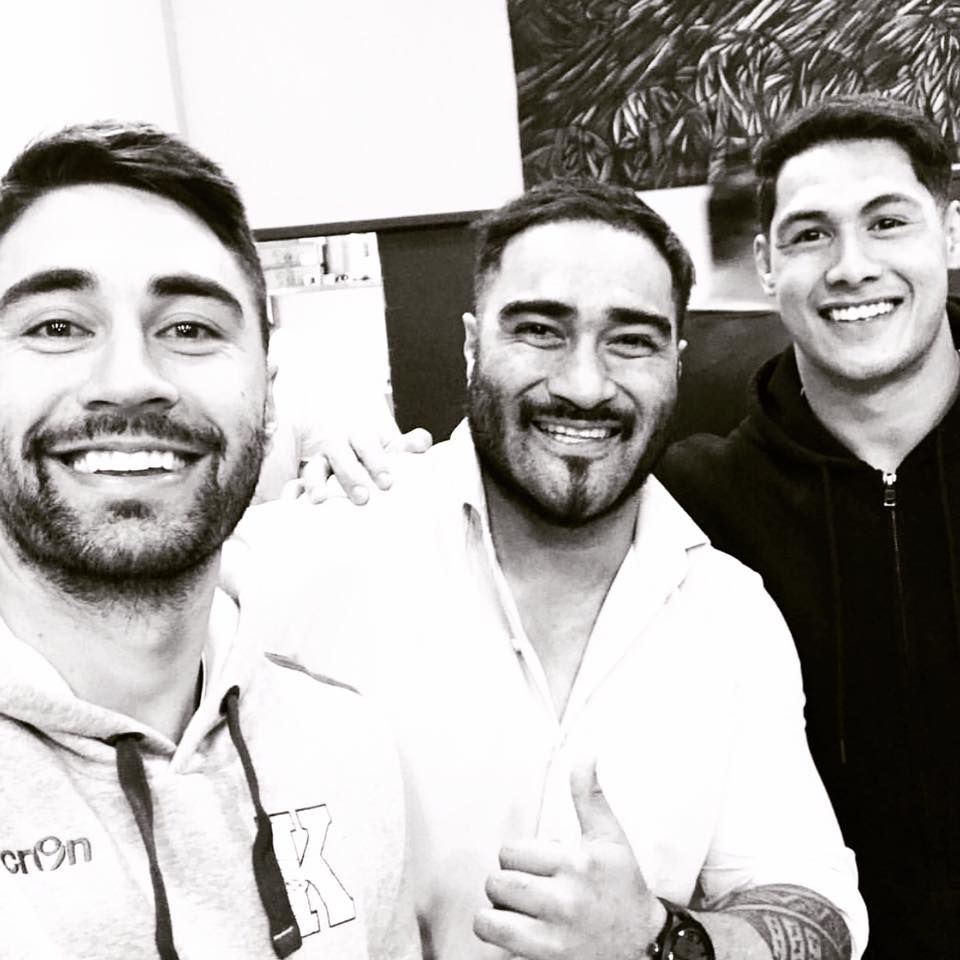
From left Shaun Johnson, Henry Fa'afili, and Roger Tuivasa-Sheck. Photo/Facebook
Although the Warriors lost 30-8 to the Sydney Roosters, Fa’afili recalls that season as one of the greatest highlights of his career.
“Grand final week, that was a huge highlight in terms of the experience placed there,” he says. “The whole buzz around it… especially the Warriors making the grand final for the first time was huge.”
Now living in Tauranga with his wife and children, away from the iconic Go Media Stadium (formerly Mt Smart), Fa’afili reflects on the lifelong lessons he gained during his time with the club.
“You’ve got to work hard no matter what you want. The Warriors taught me… there’s always room for improvement, but it's also somebody obviously working harder than you in order to get that position.
“If you had to talk in the sense of competition… it was always showing up, doing your best and then just do a little bit more extras. The extra work pays off,” Fa’afili says.
While his time at the Warriors brought plenty of success, Fa’afili also considers the ongoing challenges faced by Pacific Island athletes in Rugby League, including his biggest and most rewarding challenge off the field.
He expressed frustration over the mispronunciation of his name, saying, “This is how it’s pronounced because at the end of the day, that’s your identity, so identity is everything for us as Polynesian People”.
Maintaining a nutritional diet during the season poses another challenge for Pacific Island athletes, as food represents cultural expressions of love.
But Fa’afili says his greatest challenge has come from life outside of sports. “My biggest challenge would probably be my 11-year-old boy [Harper]. He's on a spectrum and he’s been diagnosed with autism.
“That’s been the biggest challenge for me and my partner, not knowing for him, not communicating what is sore, when he’s sick, just those little things like that.”
Listen to Henry Fa'afili's full interview below.
Despite the social challenges associated with autism, Fa’afili is grateful for the support of his partner, Amy, and the medical professionals who have assisted them.
“I’m grateful my partner’s picked it up and we’ve got the help that we need for him at school… so yeah, just little things like that have been a challenge for us, not going out as a family. But we’re coping and each day he’s getting better and better,” he says.
Fa’afili aims to inspire others to pursue their goals and foster pride in their heritage.